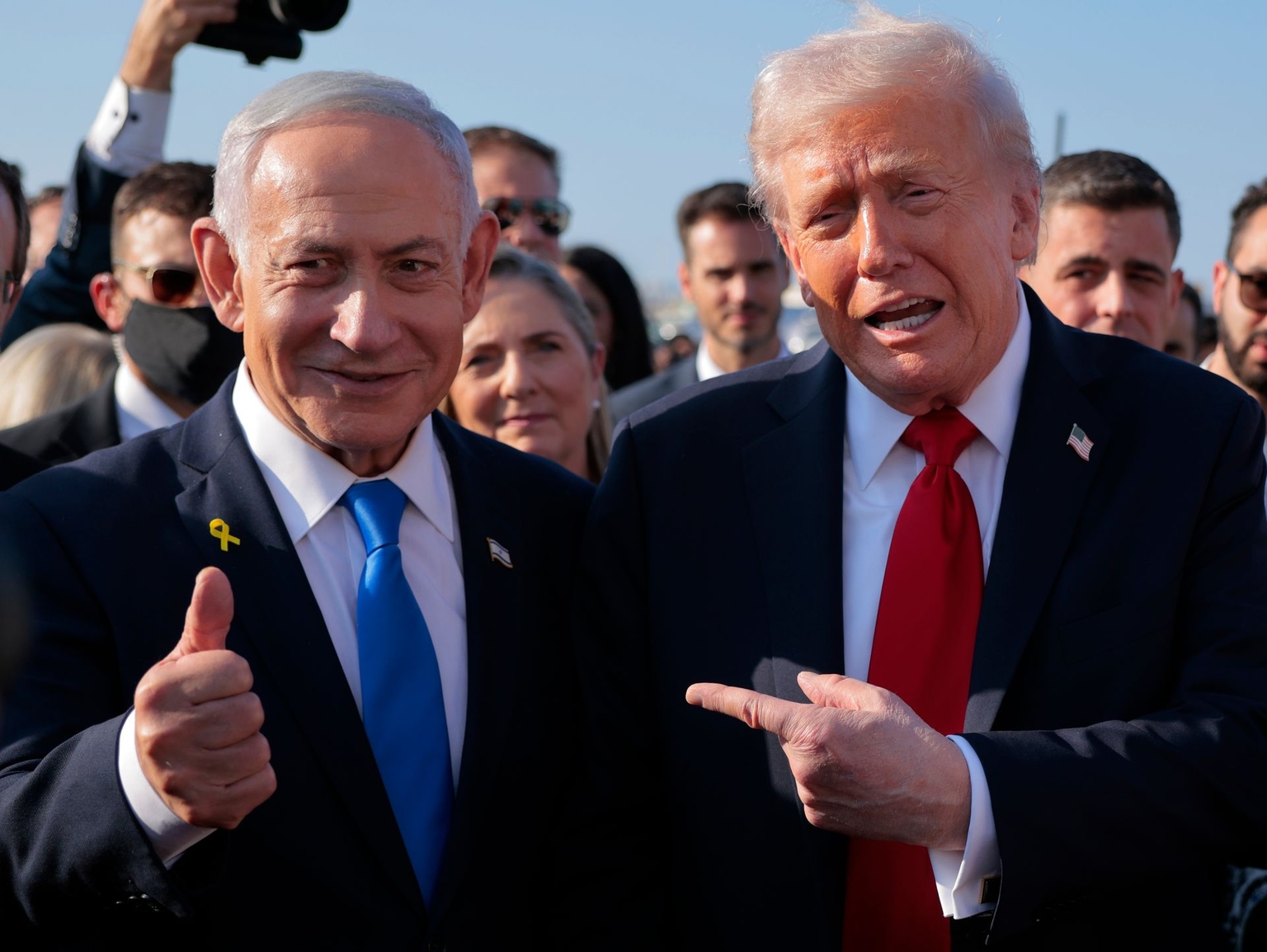Editor’s note: This is a developing story and is being updated.
U.S. President Donald Trump is holding a phone call with Russian President Vladimir Putin on Oct. 16, the U.S. leader announced.
The conversation comes a day before President Volodymyr Zelensky’s visit to Washington, where he is expected to press for the transfer of Tomahawk long-range missiles to Ukraine.
“I am speaking to President Putin now,” Trump wrote on TruthSocial. “The conversation is ongoing, a lengthy one, and I will report the contents, as will President Putin, at its conclusion.”
The call marks the first direct contact between the two leaders in nearly two months and comes amid heightened tensions over the stalled peace talks after Putin’s effective dismissal of direct negotiations with Zelensky — an initiative that Trump personally backed.
According to Axios, the two leaders will discuss Russia’s war against Ukraine.
Trump and Putin last spoke on Aug. 18, after Trump’s meetings in Washington with Zelensky and European leaders. Following that call, the U.S. president said he had begun arranging a direct meeting between the Ukrainian and Russian presidents.
Zelensky rejected Putin’s invitation to meet in Moscow, calling it impossible while Russia bombs Ukraine, but repeatedly said he is ready to meet the Russian leader on neutral ground.
Trump and Putin also met in Alaska on Aug. 15 to discuss prospects for a peace settlement in Russia’s war and broader bilateral cooperation — their first meeting since Trump’s return to office.
Since the Alaska summit, no tangible progress has been made toward peace.
Bloomberg, citing unnamed sources, reported that the meeting convinced Putin he could intensify air strikes on Ukraine without facing serious pushback from Washington.
Since then, Russia has escalated attacks on Ukrainian infrastructure while diplomatic engagement between Washington and Moscow has faltered.
Kremlin Spokesperson Dmitry Peskov said on Oct. 7 that U.S.-Russia contacts remain “depressed” and that “no serious decisions have been made yet.”
The U.S. president has recently intensified his criticism of Russia, saying in September that Ukraine could win the war and regain all Russian-occupied territories lost since the invasion.
“Russia has been fighting aimlessly for three and a half years,” he said on Sept. 23. “This does not distinguish Russia; in fact, it very much makes them look like ‘a paper tiger.'”
The U.S. is also weighing whether to supply Ukraine with Tomahawk missiles, which have a range of up to 2,500 kilometers (1,550 miles), allowing Kyiv to strike targets deep inside Russian territory.
The call comes as both sides signal entrenched positions: Moscow warns of escalation, while Washington weighs new measures that could reshape Ukraine’s battlefield capabilities.
Trump said on Oct. 15 that Ukraine wants to “go offensive” in the war against Russia and that he will decide whether to approve such a strategy after meeting with Zelensky in Washington on Oct. 17.
Putin warned on Oct. 5 that arming Ukraine with long-range missiles capable of reaching Siberia would mark “a new stage of escalation” and could derail any progress in U.S.-Russia relations.
Trump’s two wars: Why diplomacy worked in Gaza but not in Ukraine
U.S. President Donald Trump’s success in brokering the Oct. 9 ceasefire deal between Israel and Hamas has been praised worldwide. What seems to be a diplomatic victory in the Middle East stands in sharp contrast with Trump’s failure to negotiate a ceasefire in Eastern Europe. One reason for the difference is objective. Trump has far more leverage over Israel than over Russia, while Hamas has been weakened so much that it had no choice but to agree to a ceasefire. Another reason, experts say,



